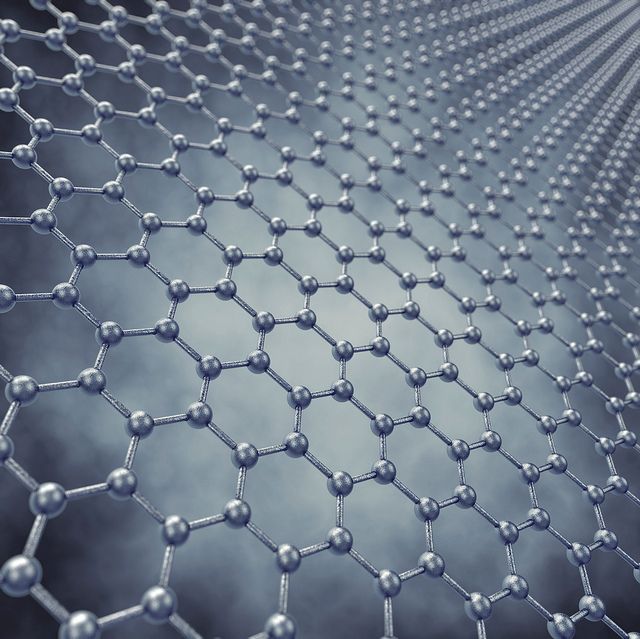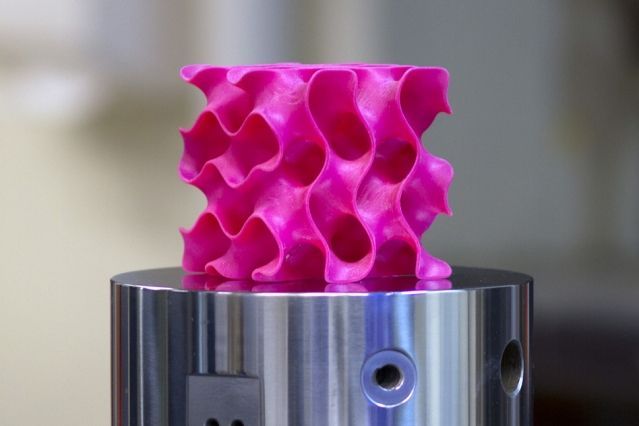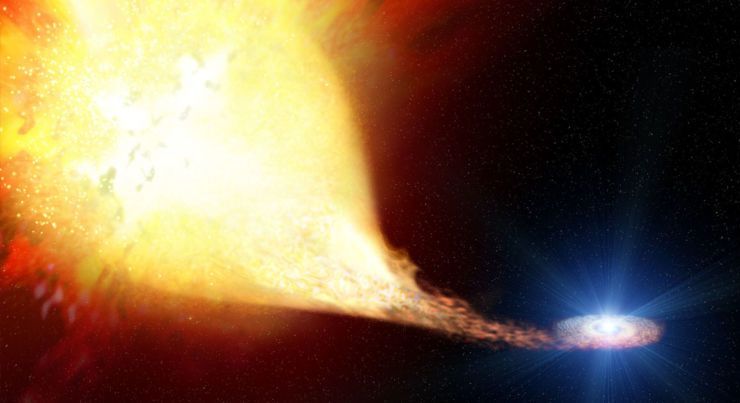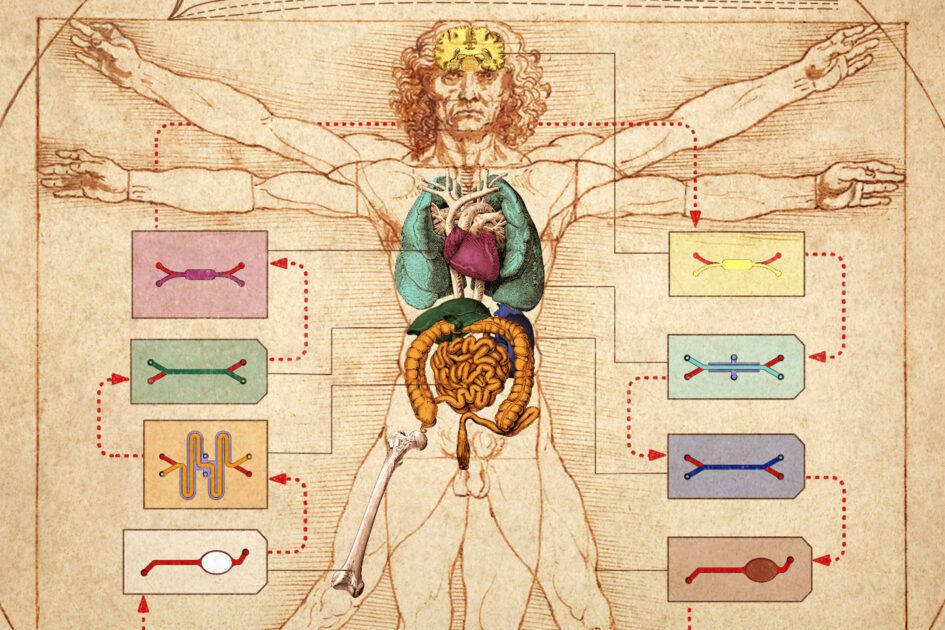Circa 2018
Measuring one million times less than the width of a human hair, graphene is harder than diamonds and 200 times stronger than steel. Small, strong, and flexible, it is the most conductive material on earth and has the potential to charge a cell phone in just five seconds or to upload a terabit of data in one. It can be used to filter salt from water, develop bullet-stopping body armor, and create biomicrorobots.
These incredible properties have captured the attention of scientists and industry specialists around the world, all seeking to harness graphene’s potential for applications in electronics, energy, composites and coatings, biomedicine, and other industries.
Derived from graphite, the same graphite used in pencils and many other common use products, graphene is, ironically, one of the most expensive materials on the planet. This is because the process of chemically peeling off, or exfoliating, a single layer of graphene from graphite ore is cost-prohibitive on an industrial scale.





